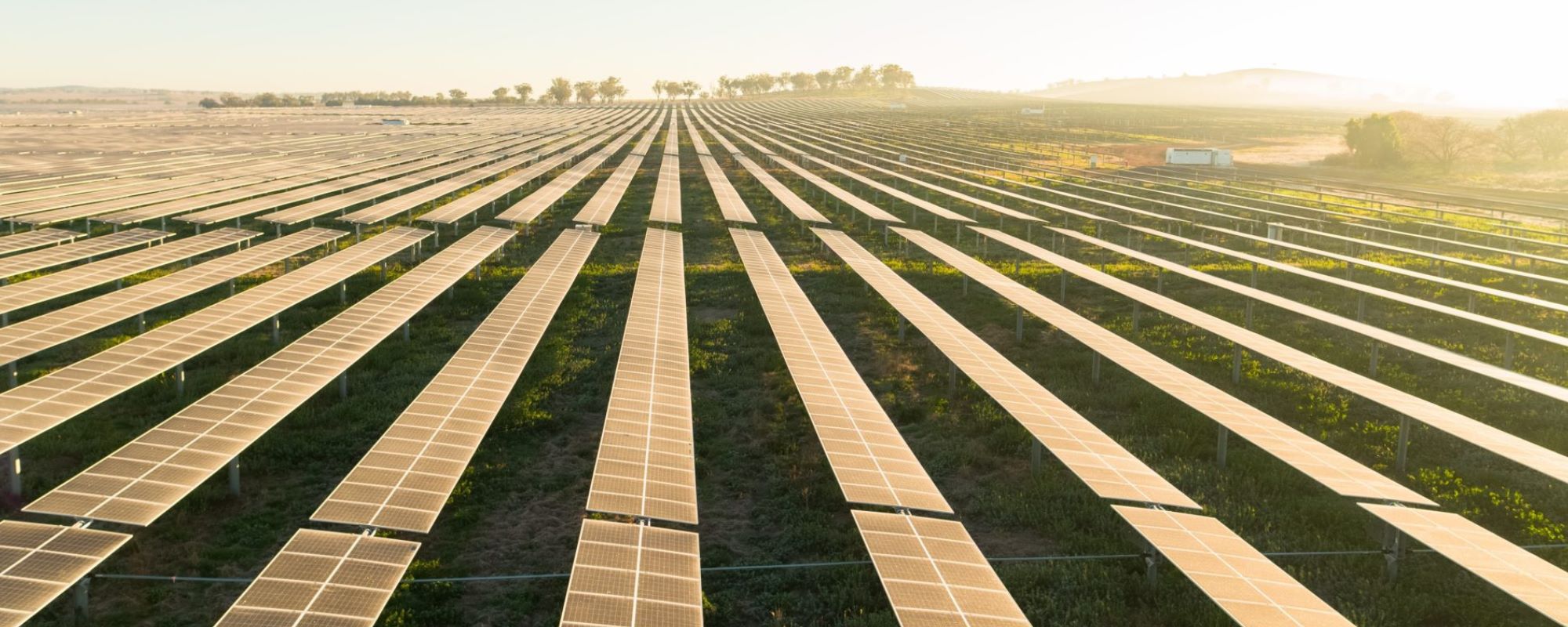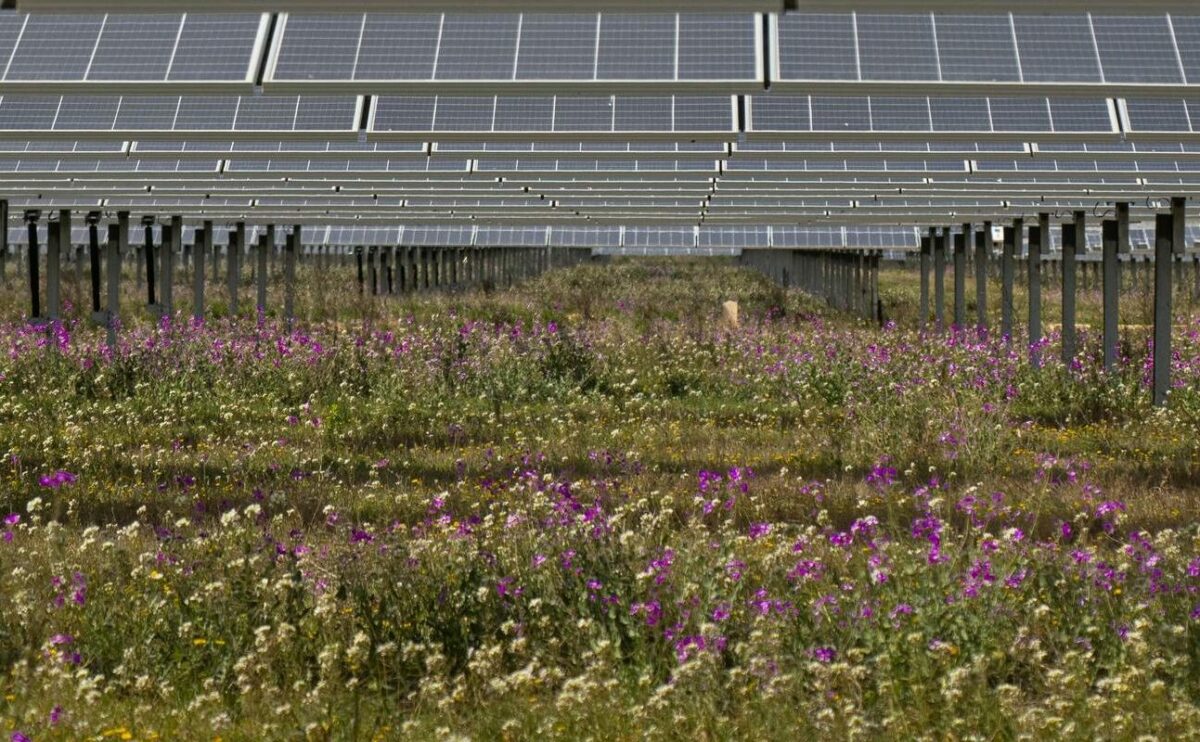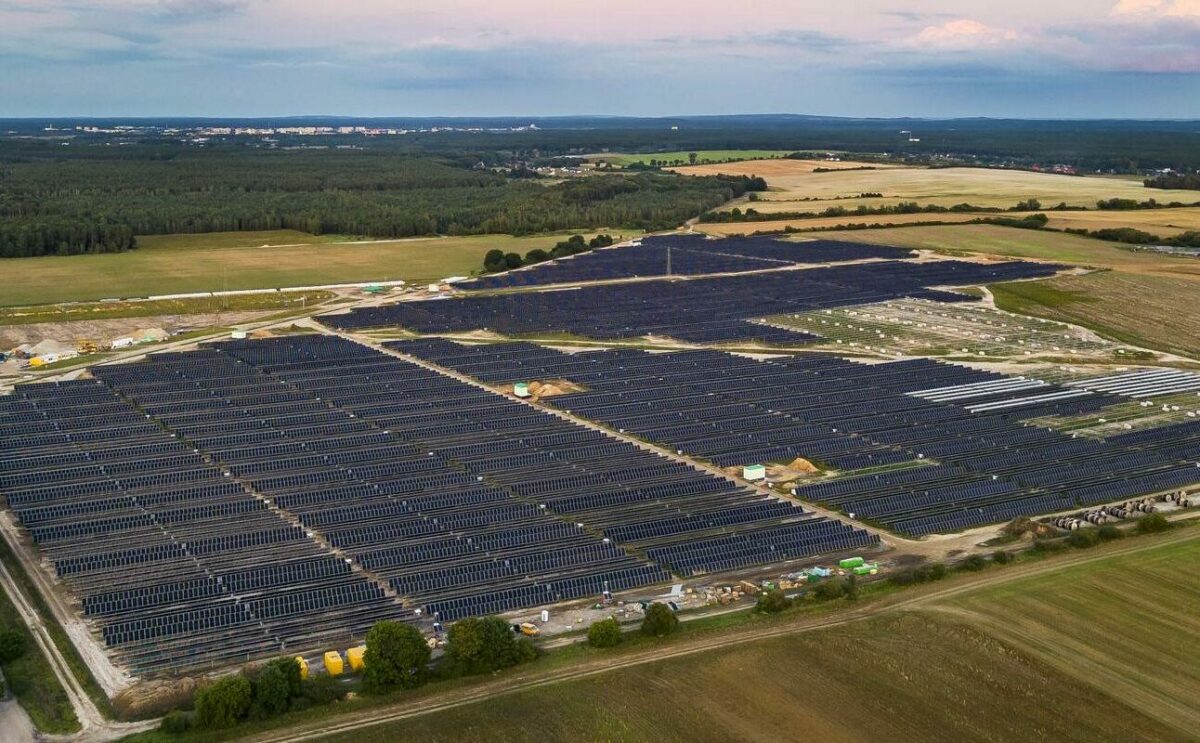Solar power leads the way on affordable electricity
Solar leading a major drop in renewable energy costs
A new IRENA report shows that 86% of renewable electricity cost less than fossil fuel-generated electricity, with solar power leading the way.
Fuel bills around the world were significantly eased by renewable energy in 2022, according to an International Renewable Energy Agency (IRENA) report.
Some 86%, 187GW, of the energy capacity supplied from newly commissioned renewable projects cost less than buying fossil fuel electricity. It’s a trend that could signal a seismic shift in the global energy landscape.
The report highlighted the significance of solar power in the renewable energy market. Between 2010 and 2022, the global average cost of solar photovoltaic-generated electricity fell by 89%. In 2022 alone the price of solar electricity fell by 3%, despite increased material and equipment costs due to inflation. And as fossil fuel prices surged, the decline in costs of solar power resulted in it costing 29% less than the cheapest fossil fuel solution.
With investment, the future looks bright
When considered alongside the recent news that investment in solar power is set to outstrip oil in 2023 and that solar power installation smashed the global record for the tenth year in a row, the future looks very bright.
IRENA’s Director-General, Francesco La Camera, thinks this could mark a turning point for renewables in the energy transition. He said: “Cost-competitiveness has never been greater despite the lingering commodity and equipment cost inflation around the world. The most affected regions by the historic price shock were remarkably resilient, in large part thanks to the massive increase of solar and wind in the last decade.”
However, challenges remain. China was a key driver in the global decline in the cost of solar and other renewables, but there were variations around the world, with costs increasing in many major markets.
Stabilisation in fossil fuel prices and a continued rebound in fossil fuel investment would boost their competitiveness with solar and other renewables. As would continued upward trends in the costs of materials and equipment for solar and renewables.
This underscores the need for continued investment in grid infrastructure and storage solutions to harness the full potential of renewable energy and continue to bring prices down. Fostering innovation and ensuring equitable access to clean energy across all nations remain crucial.
At Lightsource bp we are doing our part by investing in solar infrastructure around the world, with operations in 19 countries that include growing markets like Brazil, Poland and Taiwan. We’re expanding our ability to store surplus electricity from our solar farms by increasing battery storage capacity. Our projects will help accelerate the transition to renewable energy on a scale the world needs.
It’s a transition that’s urgently needed. As Francesco La Camera put it: “There is no time for a new energy system to evolve gradually as was the case for fossil fuels. In preparation of the COP28 in Dubai later this year, today’s report shows once again that with renewables, countries have the best climate solution at hand to raise ambition and take actions in a cost-competitive way.”
Want to be part of the rapidly growing transition to renewables? Visit our careers page.
Latest news
25 Jul, 2024
Ameresco Sunel Energy SA begins construction on Lightsource bp’s 560MWp Enipeas solar project in Greece
Today Ameresco Sunel Energy SA announced its role in the construction of Lightsource bp’s 560MWp Enipeas solar project in Greece.
24 Jul, 2024
How large-scale solar can benefit the energy transition
The energy transition is a complex challenge requiring a diverse mix of energy sources. Large-scale solar projects are emerging as a crucial component.
22 Jul, 2024
Lightsource bp’s first solar project in Poland reaches Commercial Operation
Lightsource bp marks a milestone in Poland with the 40MW Kotuń project reaching Commercial Operation.




